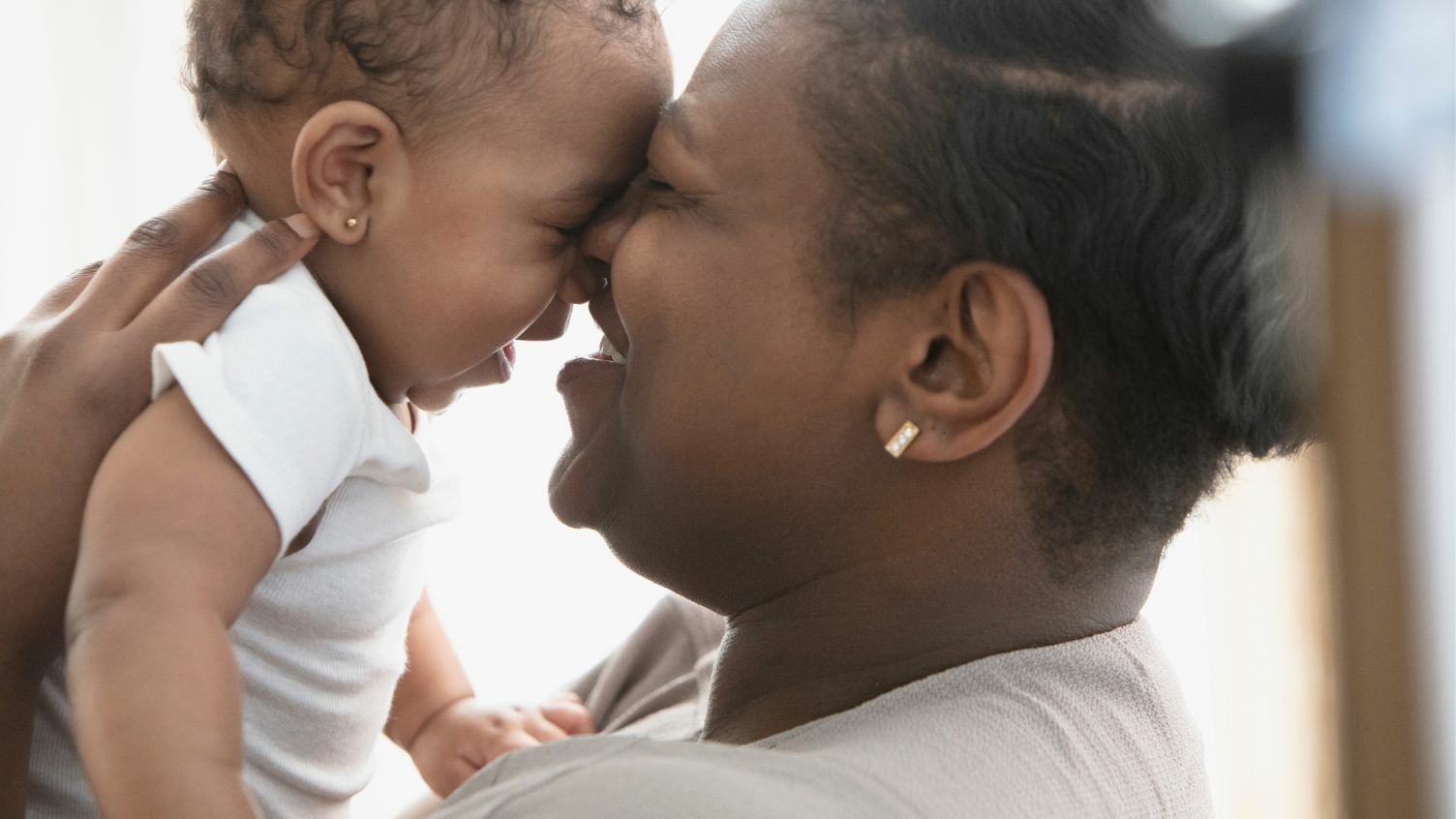Doctor from ‘plague village’ takes part in own research study after catching COVID-19
- 19 May 2020
- 2 min read
A doctor from the ‘plague village’ of Eyam, Derbyshire, has spoken about his unusual experience after being hospitalised with COVID-19 led to him taking part in his own research study.
Dr Nick Spittle, an ITU Consultant at Chesterfield Royal Hospital, is one of the Principal Investigators for the RECOVERY study, which is exploring whether a number of existing drugs could be used to treat the disease.
The study, led by researchers at the University of Oxford, is one of 37 supported by the National Institute of Health Research (NIHR) as part of the national research response to the COVID-19 pandemic.
In his role as the hospital’s Principal Investigator, Dr Spittle established the study locally to enable Chesterfield patients to take part in vital research to help experts understand more about COVID-19.
However, after developing symptoms including breathlessness and a raised temperature over the Easter weekend, Dr Spittle found himself admitted to the hospital as a patient where he received treatment for over a week.
Like other eligible patients at the hospital, Dr Spittle was asked and accepted the opportunity to take part in the research study, becoming one of more than 50,000 people in the country who have now participated in COVID-19 research.
Dr Spittle said: “Research is key to helping us understand more about COVID-19 and I have been inspired by the determination of patients to take part in these vital research studies. It was a bit surreal to become one myself and take part in a research study that I was working on, but I wanted to contribute in any way I could.”
Dr Spittle has now returned to work, but is currently spending some time recovering from the illness at his home in Eyam, a village that saw over a quarter of the population killed by the bubonic plague in 1665. The village became famous for the self-sacrifice of locals who chose to quarantine themselves to protect others.
He added: “Living in Eyam, I see daily reminders of our historic response to the plague many centuries ago. A lot has changed since then, but one thing that has stayed the same is the determination of people to do what they can to help others. I’m happy to join the tens of thousands of people across the country in taking part in research so that together we can find the treatments and vaccines needed to beat this disease.”


